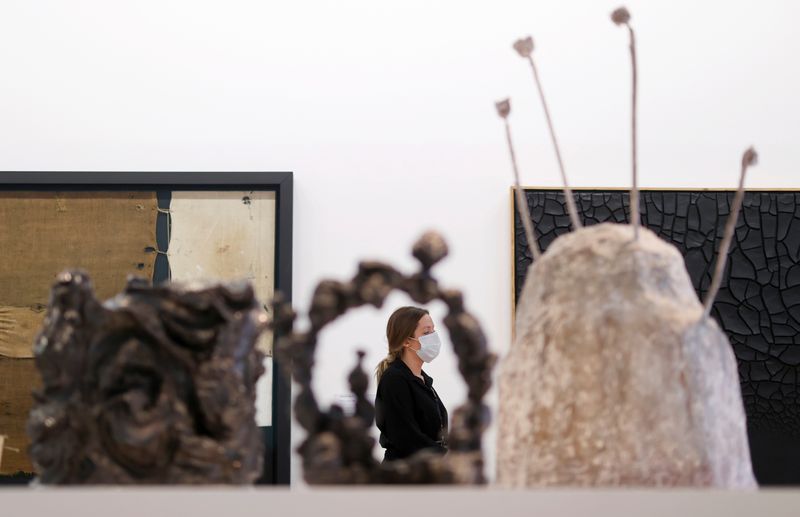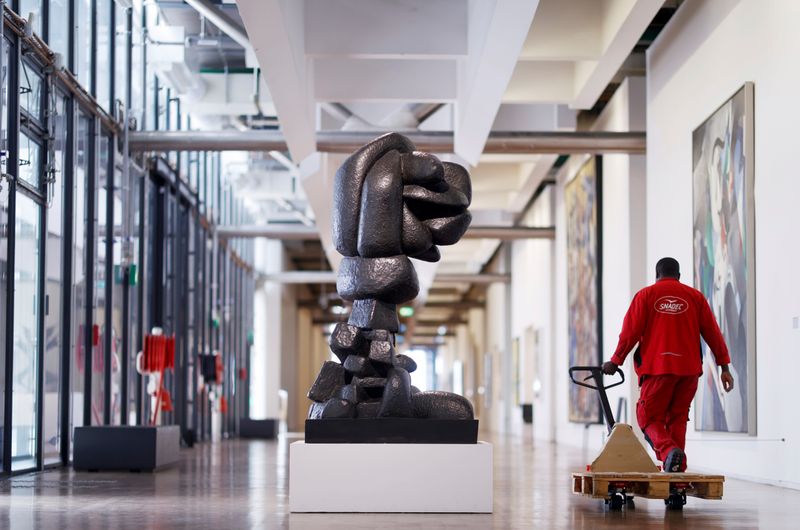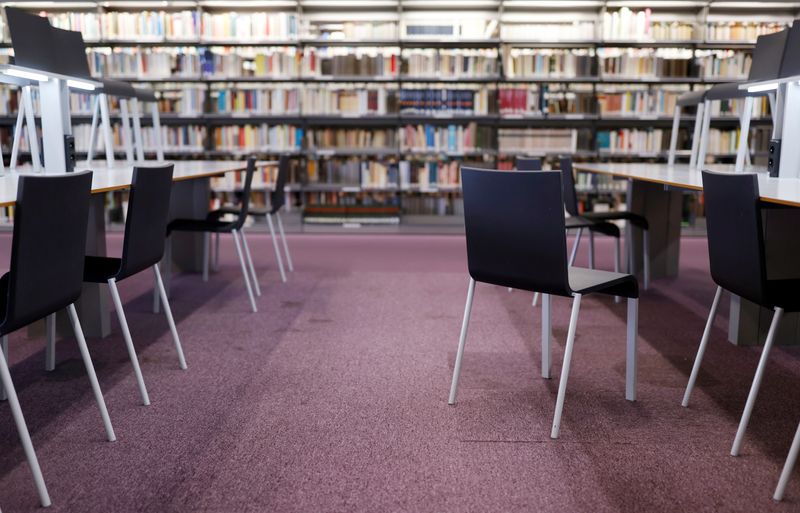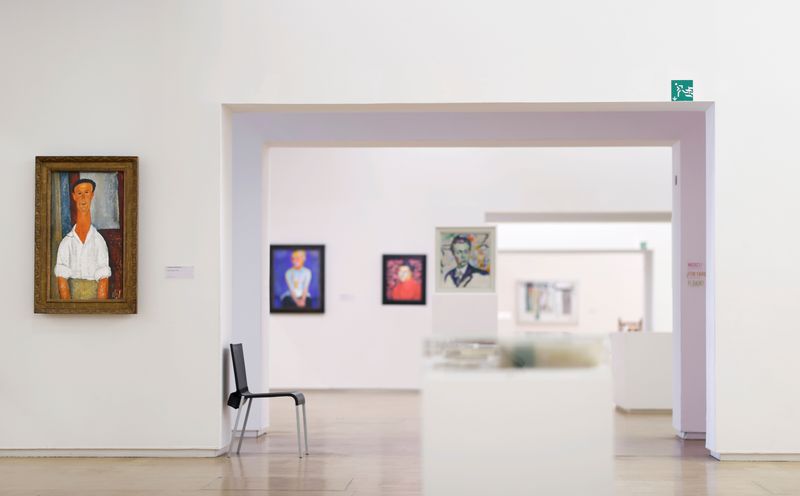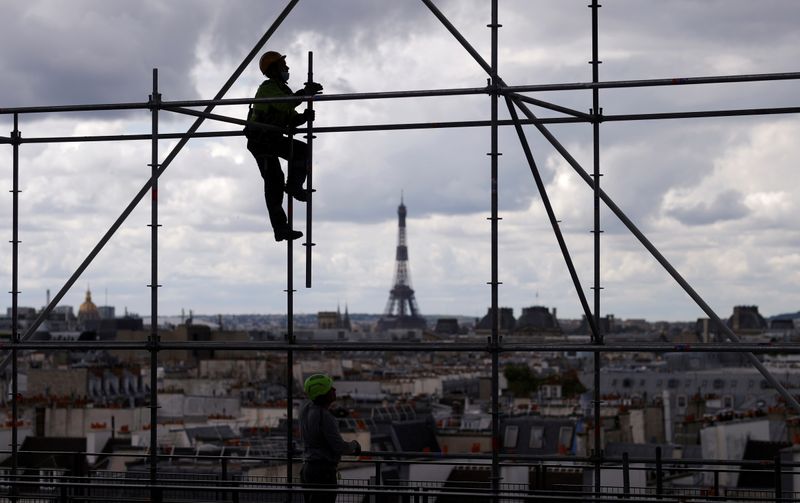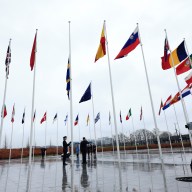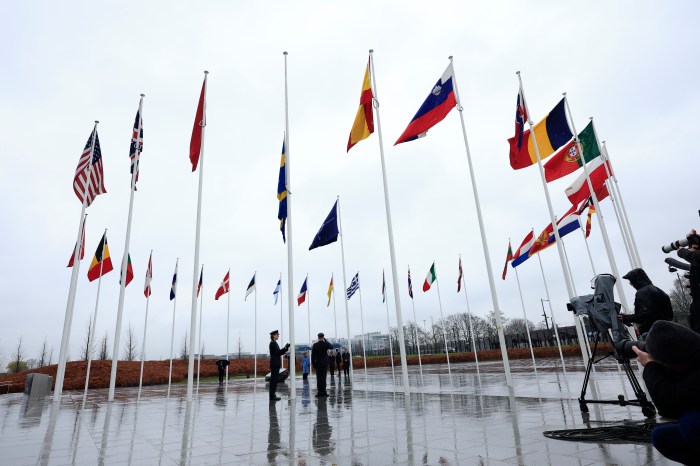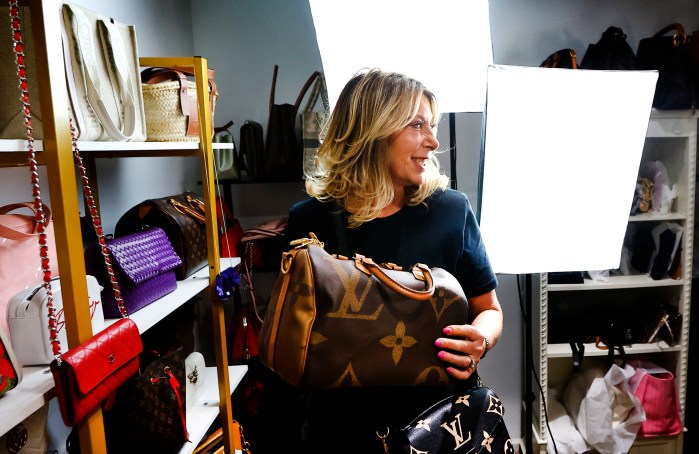PARIS (Reuters) – The Pompidou Centre in Paris, home to Europe’s largest modern art collection, will be left 20 million euros out of pocket by the coronavirus crisis but its director Serge Lasvignes has a more pressing matter on his hands – how to reopen safely.
His plan includes online ticket sales to avoid queues at the gate, a one-way flow around the museum’s cavernous interior demarcated by arrows and guided tours of the permanent exhibitions for groups no larger than 10 people. And masks.
“We’ve got to make a visit as fluid as possible,” Lasvignes told Reuters, as staff cleaned public areas and moved works ahead of the July 1 reopening.
As France accelerates the unwinding of what was one of Europe’s strictest lockdowns, restoration work to the museum’s external escalators has resumed.
The Pompidou Centre was designed by British architect Richard Rogers and Italian Renzo Piano before either hit stardom. Many Parisians hated it at first – detractors said the “inside-out” building resembled an oil refinery – before slowly taking it to their hearts.
In normal times, French visitors make up 60% of the 3.5 million people who marvel at the paintings and sculptures of Pablo Picasso, Joan Miro, Wassily Kandinsky and others.
That may help the Pompidou Centre recover faster than museums that draw a higher proportion of foreign visitors, like the Louvre. Even so, Lasvignes said the rebound would likely take until 2022.
“We’re less exposed than a big museum like the Louvre, but we’re exposed nonetheless,” he said.
The museum’s bookshop, restaurants and design shop will all open on July 1. The library, where normally the city’s students queue to access the millions of books, will reopen later in the summer and quarantine each book for at least three days after it has been returned.
Researchers will have to book appointments and numbers allowed inside at any one time will be limited.
“We’ll lose around 20 million euros in lost ticketing, membership and event revenues,” Lasvignes said.
(Reporting by Elizabeth Pineau ; Writing by Richard Lough; Editing by Janet Lawrence)

